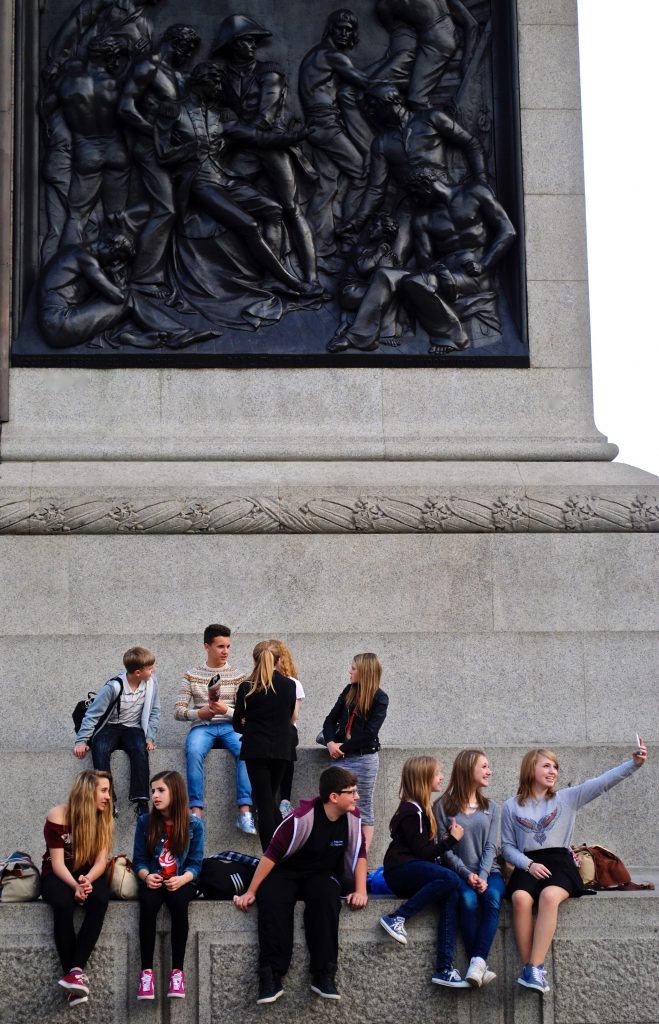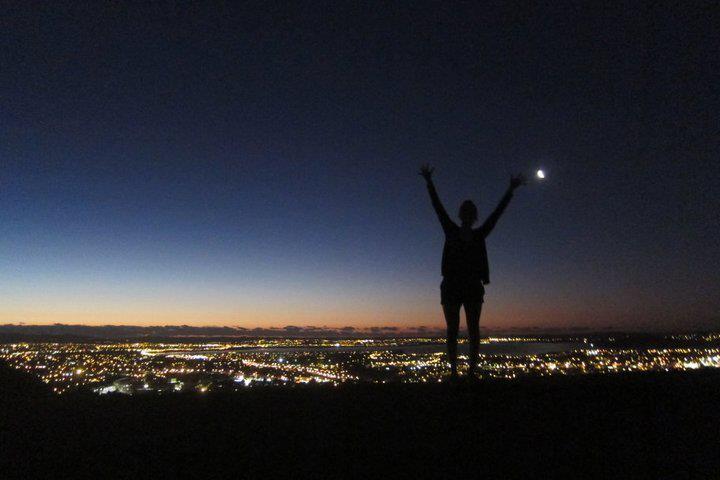Building confidence is a lifelong pursuit that is often mischaracterized as something you can permanently achieve.
In popular media, any discussion of self-improvement implies a conversion from one state of being to another, as if “becoming confident” is akin to graduating with a degree. One day, with enough hard work, you’ll miraculously wake up as a “confident person,” the suggestion goes. You were A and now you are B, and that’s where the story ends.
This is a mischaracterization that is partially responsible for why so few people self-identify as confident. The implication of lasting improvement is out of alignment with the much messier nuance that plays out in real life.
This is because confidence is rarely owned: it’s rented. And the rent is due every day.
Confidence isn’t a static thing– it’s fluid. It ebbs and flows based on whatever is going on in our lives and the various ways these developments can bolster or shatter our own self-image.
Even the most self-confident women and men in the world– Beyoncé, Bella Hadid, Oprah, Barack Obama– have all admitted to feeling self-conscious even despite also sitting for interviews where they talk about feeling more confident than ever. Both narratives are true and universal.
Many women have a love-hate relationship with their bodies, for example, but the difference between those two outlooks can often be as simple as a few extra pounds, a pimple, or a bad hair day. For men, this can be the difference between five pounds of muscle mass or a retreating hairline. When these factors stabilize or cease to exist, our assessment of self can completely change.
People who are hard on themselves tend to find increasingly innovative ways to be hard on themselves.
Ambitious people have an especially difficult time with “moving the goal post” by letting perfect be the enemy of good. This is why it’s possible to occasionally feel bad about yourself even despite feeling like you’re a confident person. This paradox is totally normal.
It’s also entirely possible to be both confident and hard on yourself at the same time; in fact, this is a common trait among successful people. Barack Obama used to say to his staff: “remember that better is good.” The first step you can take towards building more confidence is realizing that it won’t happen in a day– but that doesn’t mean that any small improvement isn’t worth celebrating.

The element of peer pressure is also a huge factor in how we see ourselves.
Women in particular are taught that being confident is somehow akin to bragging.
Many women have difficulty loving themselves and few of us are confident showing off our talents. Peer pressure encourages young women to suppress the natural confidence they do have in favor of mimicking the herd.
But benchmarking peers rather than relying on your own internal compass to make determinations about your self-worth is never a good idea. Teenagers experience this most intensely because adolescence is a period in life when we face the most pressure to fit in. (And this isn’t just a stereotype; studies show that teenagers are hardwired to seek approval.)
Realizing that confidence can swell and deflate– and that you can have good days and bad days– is one of the most liberating feelings we can experience. Becoming more confident begins with understanding that this is a malleable trait. Just start there. Then, accept that confidence is something you can build, but never finish. It’s a feeling that’s always evolving and taking on new shapes. It changes as you change, much like life itself.
***
Want more ways to build confidence? Consider making a “Brag File”.
Looking to improve your emotional intelligence? Read our 5-Step Guide to Identifying Misplaced Emotions, or find out how Spending More Time Naked Can Boost Your Self-Esteem.

[…] Read our related article on building confidence. […]